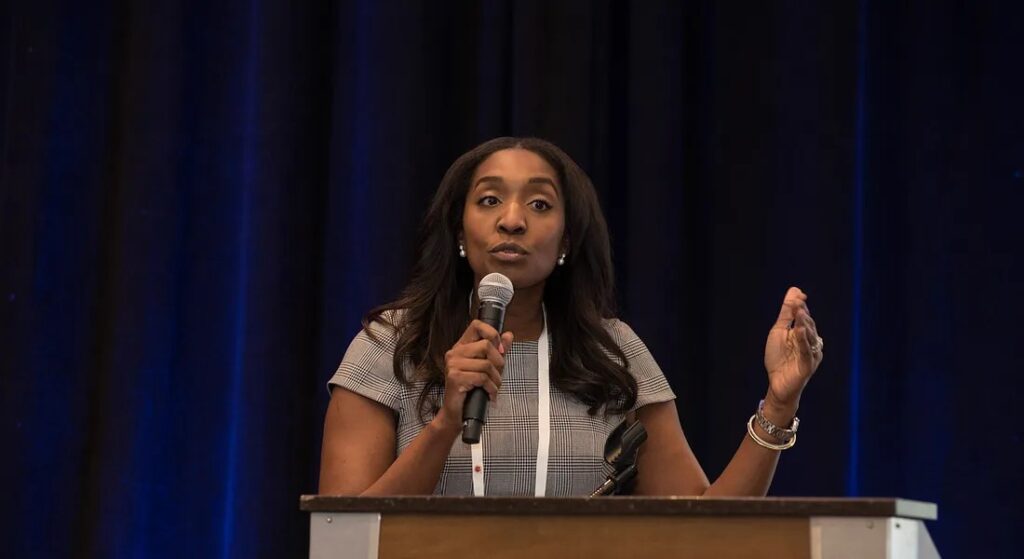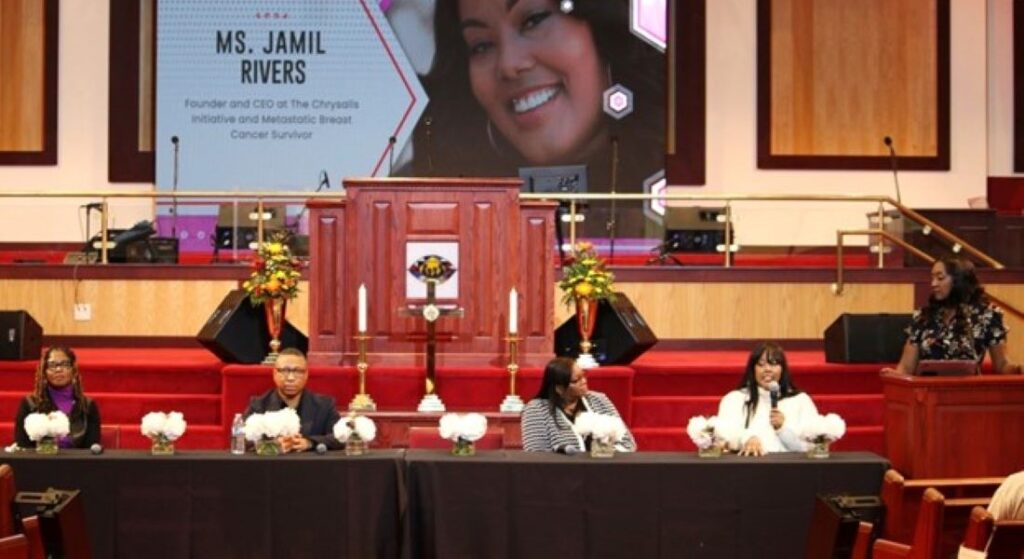CREATING HEALTH EQUITY ONE STEP AT A TIME
BY NOEL CODY · SPONSORED BY BRISTOL MYERS SQUIBB
A longstanding health crisis has risen to the surface over the last year, exposing a mistrust of the healthcare system across the country. The impact of that mistrust is that many Black men and women have not received necessary medical attention and have avoided preventative care altogether.
Health organizations, like Bristol Myers Squibb, believe that access to quality health care shouldn’t depend on the color of someone’s skin. They are rising up and joining with others to meet the challenge of assuring equity in health care.
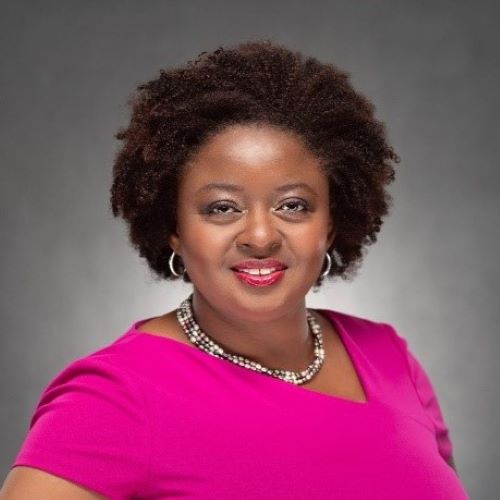
“Our company has been on a journey to address health disparities for a number of years – an integral part of our mission to serve patients with serious diseases,” said Giovanni Caforio, M.D., chairman and chief executive officer, Bristol Myers Squibb. “Now more than ever, we recognize the urgent need to do more to address serious gaps in care among the underserved in communities around the world. This commitment reflects our belief that investments toward achieving health equity, and increasing diversity and inclusion are opportunities to advance our vision of transforming patients’ lives through science.”
A COMMITMENT TO CHANGE
Dedicated to making a difference, Bristol Myers Squibb and the Bristol Myers Squibb Foundation each committed $150 million to advance diversity & inclusion and health equity in 5 areas. “BMS has invested in addressing health disparities, increasing their U.S. Employee Giving Program, increasing clinical trial diversity, supporting more diverse suppliers and doubling Black and African American and Hispanic and Latino executive representation to ensure its workforce reflects the demographics of the patients it serves,” explains Shamika Williams, People and Business Resource Group (PBRG) leader of the BMS Black Organization for Leadership Development.
Dedicated to making a difference, Bristol Myers Squibb and the Bristol Myers Squibb Foundation each committed $150 million to advance diversity & inclusion and health equity in 5 areas. “BMS has invested in addressing health disparities, increasing their U.S. Employee Giving Program, increasing clinical trial diversity, supporting more diverse suppliers and doubling Black and African American and Hispanic and Latino executive representation to ensure its workforce reflects the demographics of the patients it serves,” explains Shamika Williams, People and Business Resource Group (PBRG) leader of the BMS Black Organization for Leadership Development.
ADVANCING HEALTH EQUITY
“We understand that the need has never been more urgent, and we have made it a priority to focus our capabilities and resources to eliminate the barriers to accessing high-quality care that exist for underserved and vulnerable populations,” said Adam Lenkowsky, Senior Vice President, General Manager of U.S. Commercial at Bristol Myers Squibb. And so, earlier this year the company donated $11 million to 56 nonprofit organizations focused on advancing health equity in the United States.” The grant recipients include patient advocacy and community-based organizations, health equity coalitions, medical societies, nonprofit healthcare institutions and others to support diverse populations including Black/African Americans, Hispanic/Latino Americans, Asians, American Indian/Alaska Natives, Women, LGBTQ+, people with disabilities and more. These organizations will deliver programs to increase disease awareness and education in racially and ethnically diverse communities, improve access to high quality care and improve diversity in clinical trials. Grantees like the DC Black Church Initiative, CrowdCare Foundation and Henry J. Austin Community Health Center in Trenton, NJ have both strong ties to Black communities and are trusted bearers of health information and services.
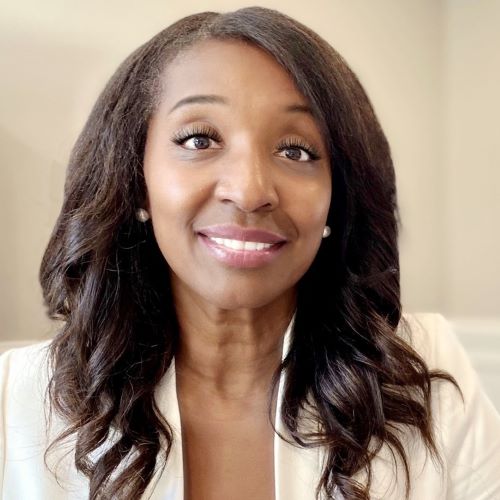
Bristol Myers Squibb is also putting health equity at the core of everything it does and looking inside at how it can change to be a better healthcare partner to the Black community and other communities experiencing health disparities. “BMS is evolving its patient support programs and collaborating with Academic Institutions and Black and African American Physician Scientists to deepen its reach in low income communities,” said Dr. Anthonise Louis Fields, Senior Director, Team Lead-Academic Research Collaborations-US Market at Bristol Myers Squibb. It is also joining coalitions and engaging with policy makers to advance health equity in public policies. Additionally, the company is using its buying power and has pledged to spend $1 billion globally by 2025 with Black/African American and other diverse-owned businesses to help create jobs and generate a positive economic impact.
INCREASING DIVERSITY AND INCLUSION IN CLINICAL TRIALS
According to the FDA, 80% of patients taking part in clinical trials are white. Black Americans represent 13% of the U.S. population but only reflect about 7% of participants in clinical trials. Bristol Myers Squibb is taking action to change this by locating 25 percent of its U.S. clinical trial research sites in highly diverse communities by 2022. It is also working closely with a community-based organization to increase the enrollment of Black men in prostate clinical trials. Black men are disproportionately affected by this disease, and through company-community partnerships enrollment increased from 4% to 17.7%.
For its part, the Bristol Myers Squibb Foundation is partnering with National Medical Fellowships on a $100 million initiative to train and develop 250 new community-focused clinical investigators who are racially and ethnically diverse or who have a demonstrated commitment to increasing diversity in clinical trials, and it will expose 250 promising, underrepresented minority students from HBCUs and other medical schools across the country to clinical research career pathways. “Clinical research is necessary to generate evidence demonstrating the efficacy and safety of new treatments,” said Robert Winn, M.D., Director, Massey Cancer Center, Virginia Commonwealth University, who is serving as chair of the national advisory committee of the Bristol Myers Squibb Foundation Diversity in Clinical Trials Career Development Program. “While the patient response to medical therapies may differ across racial and ethnic subgroups, clinical trials often fail to represent the demographic diversity of the populations that these products aim to serve. I am proud to serve as an advisor to this program, which will support improvements toward diverse representation in clinical research and promote health equity.”
The five-year program began accepting applications in January 2021; its first cohort will begin in November with a workshop on excellence in clinical trial implementation provided by the American Association for Cancer Research. More information can be found at diversityinclinicaltrials.org.
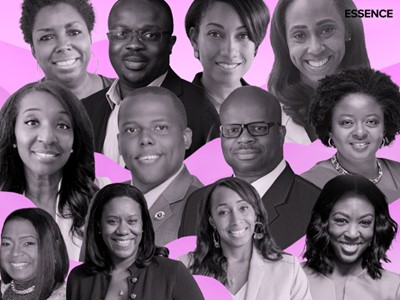
As you can see from these photos, our staff is coming together to make a difference. It is only by linking arms and working as one, from patients to providers to suppliers, that we can create the systematic change we need to make strides toward heath equity for all,“ said Dr. Louis Fields.

